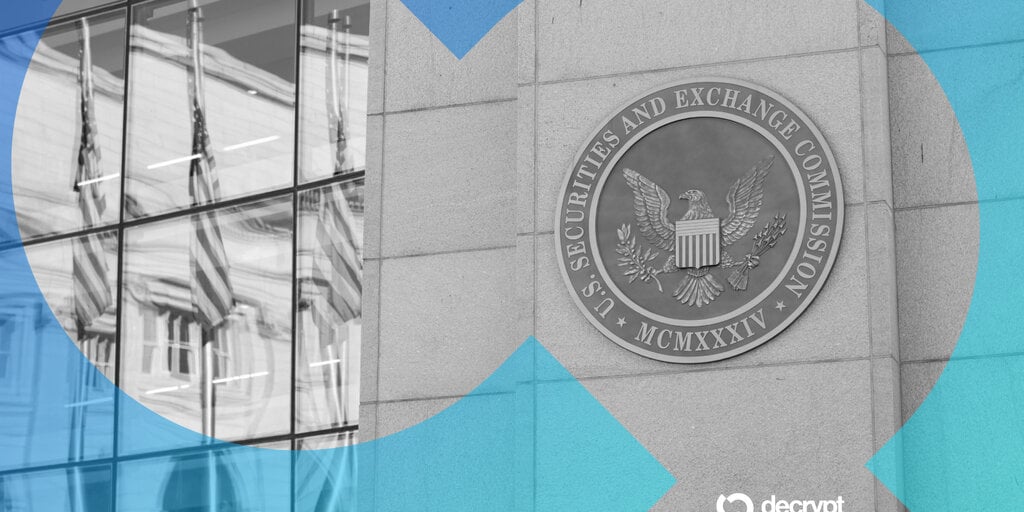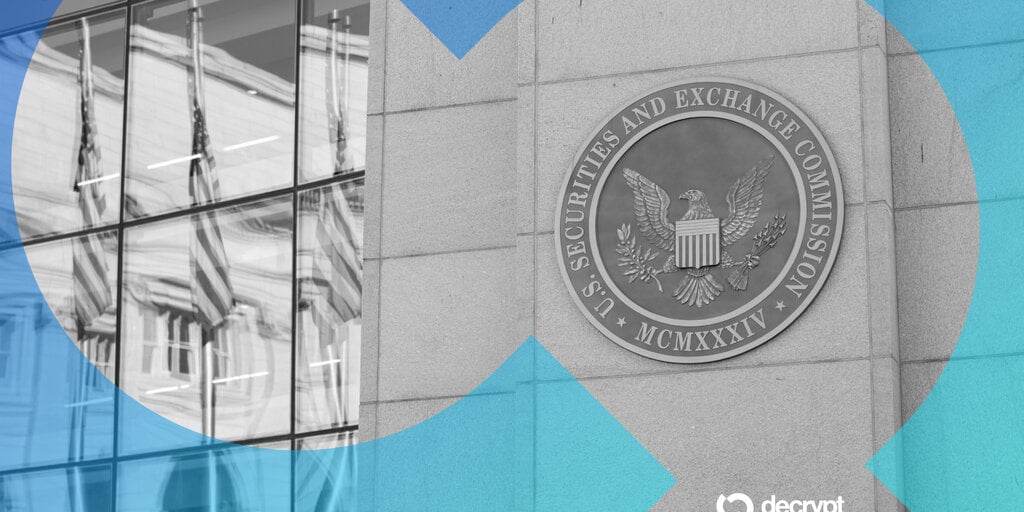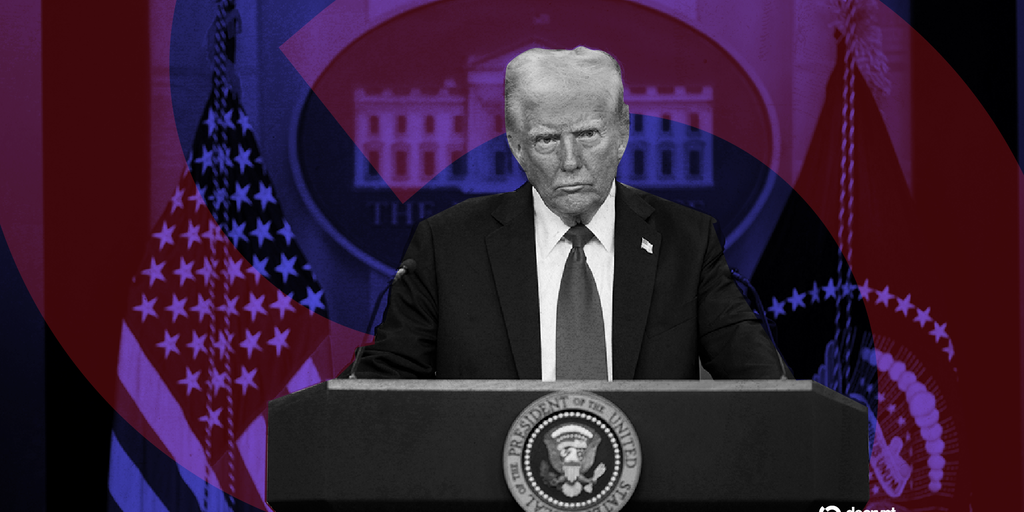
In brief
- SEC and CFTC leaders proposed a “24/7 Markets” policy to bring U.S. securities trading online around the clock, citing the nonstop nature of crypto and global markets.
- They also floated plans to ease rules for prediction markets, perpetual derivatives, and DeFi trading in line with a unified “super-app” model for finance.
- Critics warned the reforms could be risky, while regulators said discussions will continue at a September 29 roundtable.
The heads of America’s two top financial regulators floated several more aggressively pro-crypto proposals Friday, including one that would bring traditional finance markets online “24/7” in a bid to adapt the U.S. economy to the cadence of the digital asset market.
SEC chair Paul Atkins and CFTC acting chair Caroline Pham announced the considerations in a joint statement focused on heralding “a new beginning” for both agencies, as markets for securities and non-securities, long held to vastly different regulatory standards, “increasingly converge.”
The chairs, in that vein, today proposed a “24/7 Markets” policy that would bring securities exchanges online constantly. In the 154 years since continuous trading debuted on Wall Street, such markets have always followed a strict schedule, which since 1985 has kept markets open only during certain business hours on weekdays.
Today, however, Atkins and Pham said that policy may need to change, to keep up with continuously active markets like crypto, gold, and foreign exchanges.
“Further expanding trading hours could better align U.S. markets with the evolving reality of a global, always-on economy,” they said.
The chairs added the caveat that expanded trading hours “may be more viable in some asset classes than others,” and that the agencies may not ultimately adopt a one-size-fits-all approach.
The announcement follows a similar joint statement made Tuesday by both agency heads, proposing that spot crypto assets be allowed to trade directly on U.S. securities and commodities exchanges.
Today’s announcement just highlights the gaps in the agency heads’ prior statement, Amanda Fischer, policy director at consumer advocacy nonprofit Better Markets, told Decrypt.
Today the chairs also proposed easing the ability for “innovators” to list event contracts on prediction markets, and allowing perpetual derivatives contracts, which are common in offshore crypto markets but currently heavily restricted in the United States, to trade freely across securities and commodities exchanges. Another proposal would create “innovation exemptions” for DeFi protocols offering spot crypto and perpetual derivatives contracts trading.
The chairs said the proposals are all in line with a report released in July by the Trump administration directing the agencies to loosen numerous restrictions on crypto trading in the United States.
Fischer, who previously served as chief of staff to former SEC chair Gary Gensler, said the proposals outlined today will likely take years to implement, given their complexity. But she maintained that these reforms, if enacted, would be “extremely dangerous” and “will give crypto native firms an edge over TradFi in all markets.”
“The idea of a super app where customers trade securities, spot crypto, leveraged futures, [and] event contracts is not going to end well,” she added.
The SEC and CFTC said they plan to jointly discuss the proposals outlined today at a roundtable on September 29.
Today’s announcement marks only the latest push by financial regulators, under the second Trump administration, to allow U.S. companies to deal in vastly different types of assets, long licensed and regulated separately, under one roof. SEC chair Atkins has come to refer to such companies as “super-apps”, and has frequently used crypto to justify the need for their existence.
What is a Super-App? SEC Chairman Paul Atkins explains the idea and how it would benefit investors. Check it out! pic.twitter.com/iqgVgp2pNv
— U.S. Securities and Exchange Commission (@SECGov) August 25, 2025
During a speech at the Trump-aligned America First Policy Institute in July, Atkins hailed super-apps as a “key priority” of his chairmanship.
“A broker-dealer with an alternative trading system should be able to offer trading in non-security crypto assets alongside crypto asset securities, traditional securities, and other services, like crypto asset staking and lending, without requiring fifty-plus state licenses or multiple federal licenses,” Atkins said at the time.
Crypto leaders universally hailed the announcement as a massive boon for the industry and its positioning relative to traditional finance in years to come.
Daily Debrief Newsletter
Start every day with the top news stories right now, plus original features, a podcast, videos and more.




